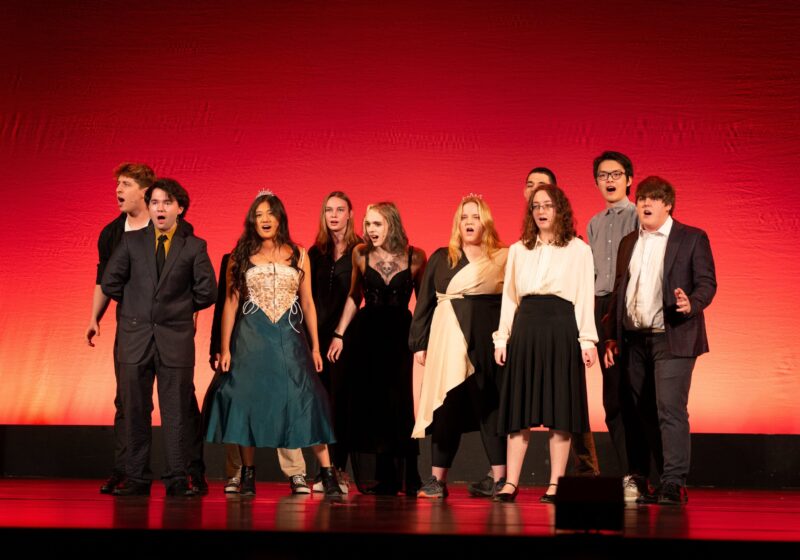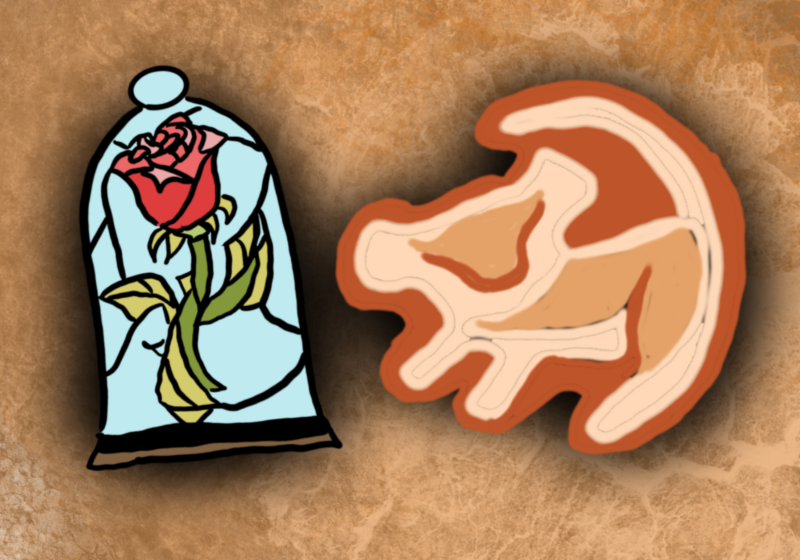Most sports are seasonal and are only played for part of the academic year. The season ended in the fall for several teams, including volleyball, field hockey, and soccer. So what do those teams do during the spring semester, when there are not any games?
The NCAA imposes several restrictions on what Division III teams can do in the offseason. Most notably, much of the offseason practice is optional. Additionally, instead of on-field drills and mini-games, much of the first part of the offseason consists of strength and conditioning training.
Teams only do weight training three to five times per week during the offseason, whereas during the regular season, they usually practice or compete six days per week.
“NCAA rules prohibit the coaching staff from being on the field with the team during this period,” Men’s Soccer coach Chris Apple said. “The students will get together and play pick-up games and work out on their own.”
According to Colleen Maillie, a junior field hockey player, captains organize morning practices twice a week. These “captains’ practices” mainly are pickup games, but sometimes they allow the team to gain experience on a new surface on the indoor courts.
Later in the offseason, teams are allowed to play a “non-traditional season.” This period lasts five weeks, usually right after March break.
During the “non-traditional season,” coaches are allowed to be on the field with their players for practice three times per week.
Also during this period, teams are allowed to play in one tournament. “We will be hosting a tournament on campus on April 13, with about a dozen local universities who will come to play,” volleyball coach Ladi Iya said. Other teams travel to play in their one local tournament of the offseason.
Clearly, during the offseason, players have a lower time commitment and less pressure to focus on athletic performance. “I really enjoy the offseason because I think it is exciting to work with the people who will be returning next season to build a foundation,” Maillie said.
She also added that the offseason allows players to focus on rehab and mental preparation for the season. “It’s nice to be able to focus on and develop individual skills and aspects of the sport that you don’t have time to in season.”
Coaches also have different responsibilities during the offseason. They spend far more time travelling for recruitment than during the regular season, and have more time to focus on fundraising, budgeting, alumni relations, clinics and camps, and scheduling.
Though the offseason is not as rigorous as the regular season, it is a vital training and rehab period for teams, important for building team morale and camaraderie.






